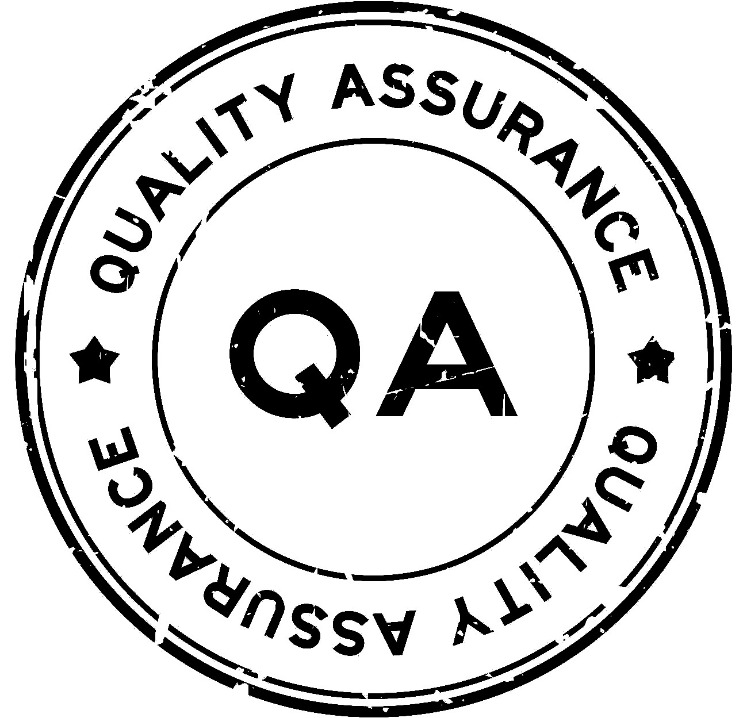Transit Quality Assurance refers to the processes and systems in place to maintain and improve the quality of public transportation services. It involves monitoring, evaluating, and enhancing various aspects of transit operations to deliver safe, reliable, and efficient services to passengers. Transit agencies and operators implement quality assurance measures to meet regulatory requirements, uphold industry standards, and exceed customer expectations.
Key Elements of Transit Quality Assurance
1. Safety and Security
Safety and security are paramount in public transit operations. Quality assurance programs focus on implementing measures to ensure the well-being of passengers, employees, and the general public. This includes regular inspections of vehicles, stations, and facilities, as well as emergency response training for staff.
2. Performance Monitoring
Monitoring the performance of transit services is crucial for identifying areas of improvement and ensuring operational efficiency. Transit Quality Assurance programs use key performance indicators (KPIs) to evaluate on-time performance, reliability, customer satisfaction, and other metrics that impact service quality.
3. Maintenance and Asset Management
Read more about Quality Assurance here.
Maintenance and asset management are integral components of Transit Quality Assurance. Regular maintenance of vehicles, infrastructure, and technological systems is essential to ensure the safe and reliable operation of transit services. Quality assurance programs establish protocols for preventive maintenance, inspections, and repair processes to minimize downtime and maintain service quality.
FAQs: Transit Quality Assurance
- What is the role of Transit Quality Assurance in public transport operations?
Transit Quality Assurance plays a critical role in maintaining and improving the quality, safety, and reliability of public transportation services. - How do transit agencies implement quality assurance measures?
Transit agencies implement quality assurance measures through safety and security protocols, performance monitoring, maintenance programs, and continuous improvement initiatives. - Why is Transit Quality Assurance important?
Transit Quality Assurance is important for ensuring the safety of passengers and employees, maintaining operational efficiency, and meeting customer expectations for quality service.
By prioritizing Transit Quality Assurance, transit agencies can enhance the overall quality of public transportation services, build passenger trust, and contribute to the sustainability of urban mobility. Continuous improvement and innovation in quality assurance practices are essential to meet the evolving needs and expectations of today’s transit riders.
